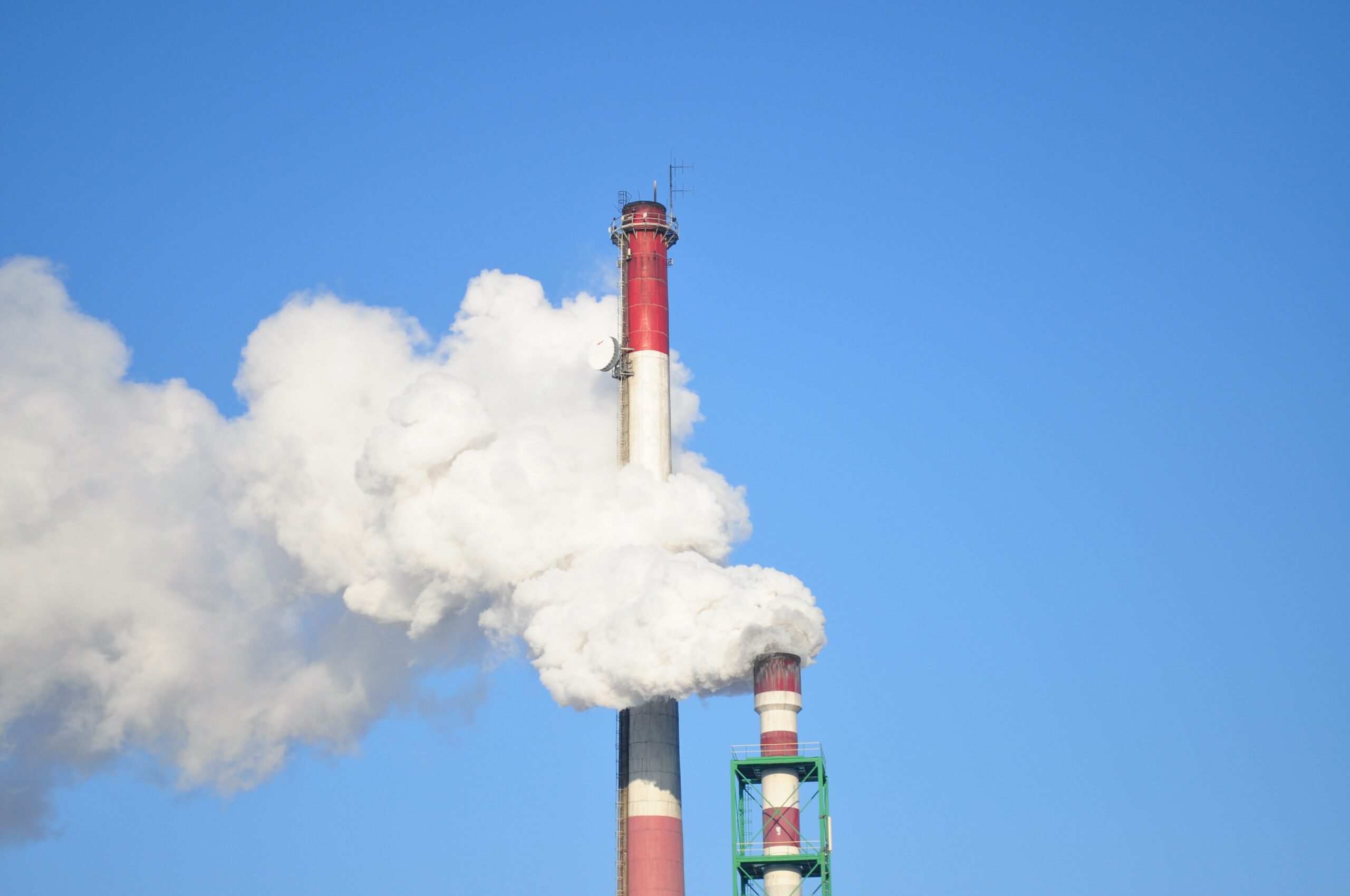The climate crisis is already here

The climate crisis is already here and it affects each one of us. It is a mistake to think that the climate crisis does not affect us and everything is happening far away from us,
It is enough to look at the climate around us anywhere on the globe: heat waves, cold waves, droughts, floods, deadly storms, all these have become almost routine events.
The climate is changing everywhere, although not in the same manner. Some places experience more heat waves, some experience more extreme rainy days, but the main thing is that the climate is becoming more extreme. This is exactly the climate crisis we are talking about. This is happening as a result od global warming and it is changing our world, so we must act.. like yesterday.
Thank’s for beeing here,
Sharon Wexler


